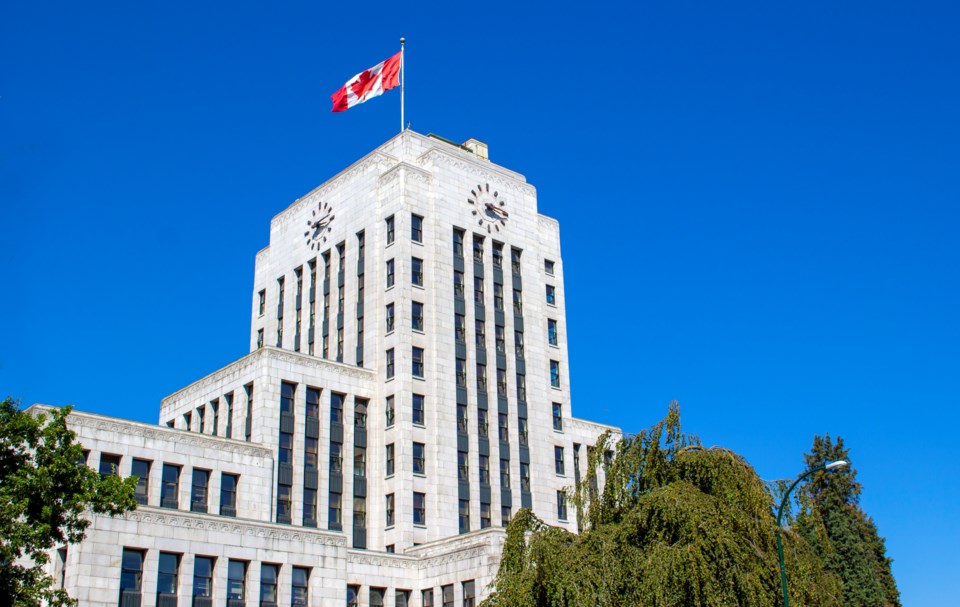Vancouver's Director of Planning, Theresa O’Donnell, presented to council this month on her plan to prioritize certain applications over others, as a form of rezoning application triage. Overall, council seemed less than enthused about the whole proposal.
At one point, Coun. Mike Klassen asked “I’m sorry, this is a terribly loaded question, but are we in a housing crisis?” O’Donnell adeptly answered this hardball question saying this: “Absolutely we are”.
Phew! Well, I’m glad we’re all on the same page.
Klassen also asked, “Are you asking staff to come back to the office?” O’Donnell responded “Yes, our staff is required to come back to the office two days a week.” Personally, I can’t tell you how reassured I am that in the midst of a housing crisis, city staff have opted to work not one, but two full days in the office!
Those fighting the forest fires in Alberta right now would surely be awed by the impressive two-day work week of our civil servants. Surely our healthcare workers that got us through COVID would also be impressed at this grand gesture of stoic civic pride. How many people out there would be willing to forego working in their pajamas for two out of the five typical working days?
To any industry professional who’s looking at Vancouver’s mess of a planning and building approvals system from the outside, the solutions are clear as day. Workers need to be back in the office five days a week so that they can meet and be available to applicants face to face to resolve issues. This was echoed by one caller to council during O’Donnell’s presentation, a professional urban planner named Michael Mortensen, who said, “You know, back in my day, an applicant could walk into the third floor, walk into reception, get me face to face [with a planner] and talk about a particular problem.”
People showing up to work, people responding to emails, people answering their phones, basically people just doing their jobs.
But to the Planning, Development and Building Departments, these things aren’t the culprit at all. The number one culprit in their minds is the applicant. The common refrain from city planning staff is, “The application is with the applicant.” This is code for, “Hey, we are doing our part just fine, the problem is the applicants keep sending us incomplete, error-ridden applications, and we have to send it back to them to fix all their deficiencies.” According to city staff, this is what’s clogging up the process.
Dang those pesky architects! Don’t they even know what they are doing?
Blaming the applicants for the application process does nothing to address the systemic issues in the approvals process and creates an “us versus them” attitude between staff and industry professionals. Couple that with the lack of genuine face-to-face interaction, or even phone communication, and this has led many industry professionals to label their experience working with City Hall as toxic.
Instead of actually getting to the heart of the problem, planning staff have decided to muddy the waters by suggesting a whole slew of solutions to problems that don’t exist, or simply aren’t practical to implement. These are things such as pre-approved plans, modular housing, and the most ridiculous of all: AI-approved processing. You can solve many things with technology, but you can’t solve bureaucracy with it. Just look at the federal government’s ArriveCAN app. How did that turn out?
For government workers let me suggest this: Let industry dictate whether or not technology is useful to them. For planning staff at least for now, let’s just focus on showing up to work.
Avi Barzelai is a licensed residential builder and renovator in Vancouver.





